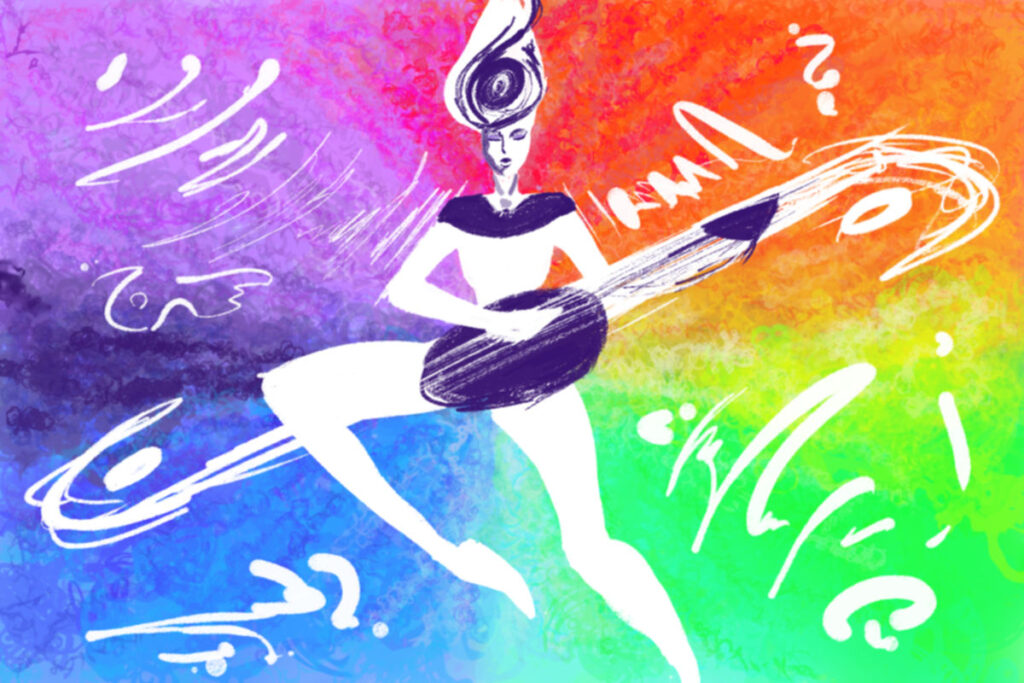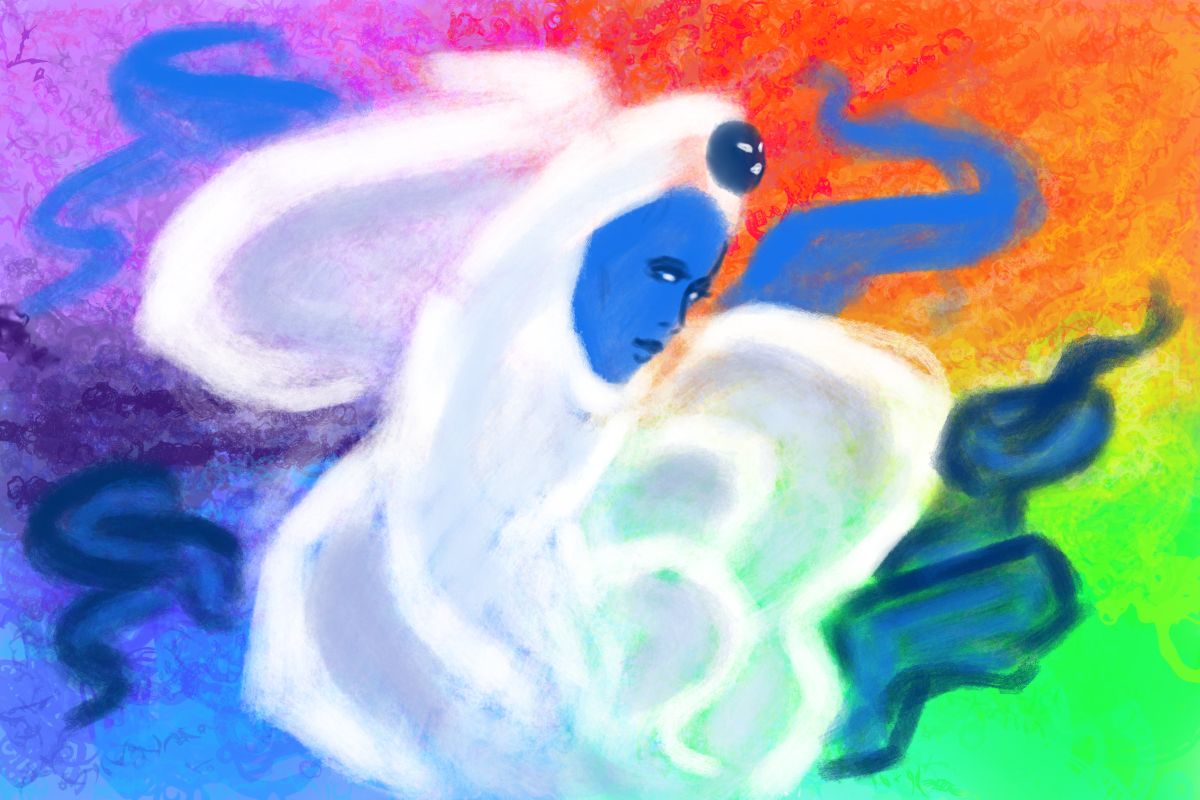- You just finished a Story.
- Wherever it is a Film, Book, Video Game or a Song.
- Wherever you’ve Watched/Read/Played/Listened to it.
- Or you’ve written it, and now want more insight on your own tale.
- Here’s a Set of 24 Questions allowing you to encompass this Story.
Summary – 6 steps to an Analysis
- Define/Identify the Themes of the Story.
- Link these Themes to Characters, Environments & Items.
- Picture the Story – Try to draw it.
- What are the Most Memorable moments of the Story?
- Draw all the Characters in the same Place.
- Imagine their Interactions & their Behavior in this Location.
- These Questions should allow you to comprehend Stories wholly.
- And maybe, push you to rewrite Stories.
6 questions regarding the Story
- How do I start my Story?
- What are the Main Themes of this Story?
- Start with 4 Themes.
- Define 4 main Fields of Interest.
- Wherever it is in the Dialogues or in the Environment’s Description.
- Generally 1 or multiple Main Characters will represent a Theme.
- You can then look for 2 more Themes.
- Try to limit yourself to 6 Themes which encompass the story.
- What makes the Story Memorable?
- Give each Chapter, Scene, Character & Environment Quirks.
- As well as Peculiarities in the Narration.
- Even in the Writing: Symbols, Abbreviations, the use of Stylistic figures.
- How could you Clarify it?
- Only the Main Story needs to be Clear.
- Stories have hidden parts.
- Even if you haven’t written the Story you can see them.
- Some episodes are left unfinished.
- Or the outcome is unclear.
- These parts are hidden for reasons.
- You should be able to find these reasons.
- If you can’t figure out the reasons maybe there are none.
- How Consistent is the Story according to you?
- How can I make this Story more Consistent?
- You want to balance the Resources & the Issue.
- You may have noticed some loss of Rhythm.
- Some scenes may be too long.
- Or appear to be too short.
- Maybe the Characters were given too much time to solve an issue.
- Maybe they shouldn’t be able to solve an issue this fast.
- Finally, you want to consider the Evolution of 2 Factors :
- The Characters Behaviors
- The Characters Relationships
- How Coherent is the Story according to you?
- How can I make this Story more Coherent?
- You may have noticed that some Elements appeared or disappeared inexplicably.
- The Characters may have found an Item which appeared to be Essential.
- But they didn’t use it in the whole Story.
- Or they may have forgotten it.
- The Characters are able to pass a Trial with a new found Strength or Ability.
- But this Ability was never mentioned before.
- How Satisfying is the End according to you?
- How can I make the Ending more Satisfying?
- The Ending is supposed to end most plots.
- If some parts of the Stories are left Unfinished there must be a reason.
- The Last Setting is also fundamental.
- Was it chosen properly?
- Which Setting would you have chosen?
- Some Characters will disappear in the End.
- Which Characters should have disappeared according to you?
- How would you rewrite it?
If you want to know more about immersive Stories.
6 questions regarding the Characters
- What is the Character’s Identity?
- How do you define this Character’s Identity?
- Is the Identity of each Character defined clearly?
- Characters need Origins.
- They need a Name.
- And Goal.
- None of these 3 elements may be Stated in the Story.
- However, you’ll need Hints.
- Suggestions on their previous and in some cases future Identity.
- What makes the Character Likable?
- Strengths create Likeability.
- Stories may benefit from some Sympathetic Characters.
- Or some not Sympathetic, but still funny.
- Tales need to drive Entertainment.
- And the simplest way to Entertain is through Characters.
- What makes the Character Relatable?
- Weaknesses create Relatability.
- Character will display weaknesses.
- These Weaknesses make them Relatable.
- There are Weaknesses no one wants to relate to.
- Though, this reaction may be seen as a success on the behalf of the author.
- Balance the Weaknesses your choosing depending on the level of Attachment you want to generate.
- What makes the Character Memorable?
- Quirks.
- Hairstyles.
- Silhouettes.
- The Shape of their Bodies.
- Their Expressions & Habits.
- How will you Remember this Character?
- It can be the Character’s Introduction.
- The Character’s disappearance.
- It can be a Unique Phrase she uses.
- Would you like to Interact with this Character?
- If you could speak to this Character would you?
- Or Start a relationship with her.
- Characters are Ideals.
- Which Ideal do they represent to you?
If you want to know more about diverse Characters.
6 questions regarding Groups
- What is the Role of this World’s Organizations?
- Every World is Administrated by Organizations.
- These Organizations may not be apparent.
- And their Goals may not be Clear.
- As always, there is no need for a Definitive answer.
- A Story only needs Suggestions.
- Most often their Goal will be to Acquire Resources.
- You only need to define which Resources are most Desirable in your World.
- What are the Relationships between these Organizations?
- If the Organization are Clearly defined there must be a way to establish their Relationships.
- Their Alignments.
- Their Alliances.
- You don’t need to present all Organizations in a Single Story.
- Their Hierarchy & Structure may be developed through a Series.
- Did the Main Characters create Groups?
- Who are the Main Characters?
- What are their Beliefs?
- Do they intend to Administrate an Organization?
- If multiple Characters share Mutual Interests they may be willing to regroup.
- It could be a contingency alliance.
- Or the will to develop an intimate relationship.
- How was the Group created?
- There are 2 Dimensions to the Group’s Formation : Reason & Rhythm.
- Characters may join Voluntarily.
- They may have been Forced.
- For Survival, perhaps.
- The construction may be Progressive.
- Or it may be Brutal.
- Where did the Group form?
- Were they familiar with the Location?
- Where they put there?
- Where they trapped?
- The Characters must have a relationship with the Setting.
- How did the group affect each Character’s Evolution?
- Characters may change drastically after joining a group.
- It may be a change in their routine.
- A Different/Unexpected reaction when facing a Crisis.
- Groups have effects on an Individual.
If you want to know more about Groups & Teams.
6 questions regarding the Environments
- How is the Atmosphere of this World?
- Atmosphere depends of the Kind of Emotion you’re targeting.
- This Emotion will help you to define your Scene’s Genre.
- Each World has specific Colors.
- Specific Forms.
- And ways the Public will relate to these Forms & Colors.
- For they will evoke specific Sensations.
- What makes it Unique?
- Every World should have specific Component.
- It may be its Cities.
- Its Inhabitants.
- Its Technology.
- Its Beliefs.
- What are Rules of this World?
- A World needs to create a Synergy between Natural Rules & the Rules established by Sentient beings.
- It needs an efficient Economic system.
- Or, an Economy aligned on the resources available.
- Meaning the Economy of a World should be aligned on its Ecology.
- And as the Ecology is often largely misunderstood, the Economy should be flexible enough to adapt to natural discoveries.
- In which Order do you discover the different Settings?
- The Introduction defines the rhythm of the Story.
- The Story then Unfolds through a combination of Settings.
- Most of them linked to the subsequent one.
- How developed is the description of each Setting?
- The most important Settings have the most elaborate description.
- Except if the Author decided to hide aspects of these Settings.
- Some elements are hidden in order to Highlight others.
- Is there a way out of this World?
- Did the Author define the limits of her World?
- How were they define?
- Can the Characters quit this World?
- How so?
- Where would they arrive?
If you want to know more about memorable Environments.

